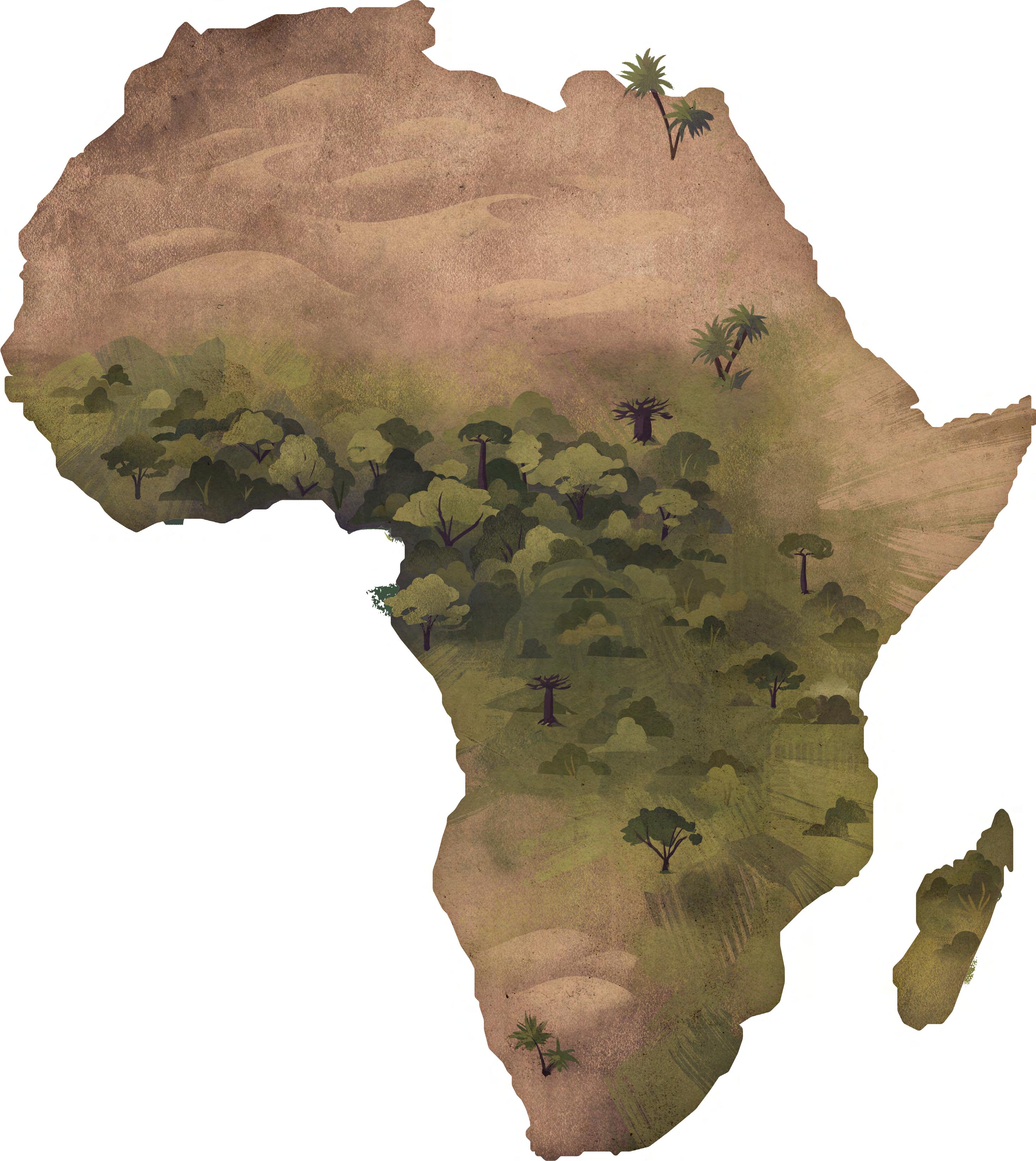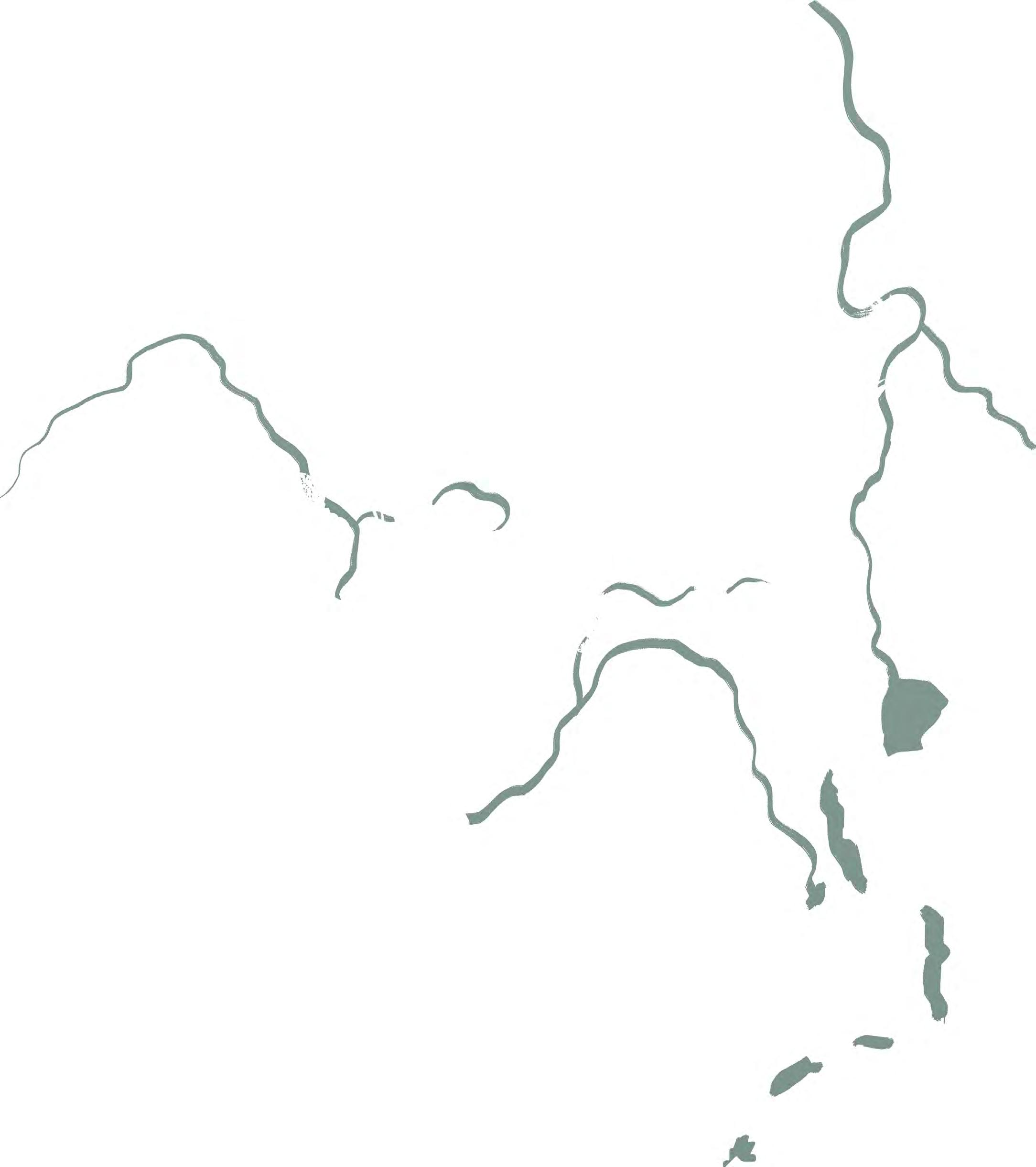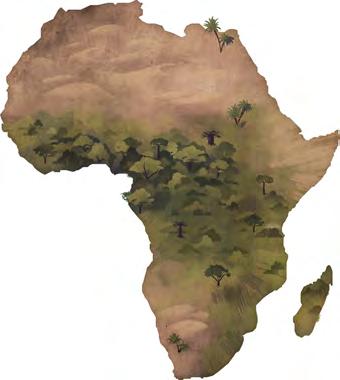
3 minute read
The President’s report
Prof. Dr med. Niklaus Labhardt
President
Advertisement
Unreported world
Far away from the media spotlight, terrorist groups in northern Mozambique regularly attack villages close to our project area. At least 160 people have been murdered so far, hundreds have been kidnapped and thousands forced to flee. In Tanzania and Zimbabwe, severe political tensions restrict our space for action. In Zambia, the high levels of government debt are now jeopardizing the very stability of the country and in Lesotho, the long dry spell has caused severe food shortages.
These crises in our project countries receive hardly any international media attention but put local health services to the test. It is not acceptable anywhere in the world that people have no access to the most basic health services, that women cannot decide whether they wish to become pregnant, that children are infected with HIV at birth or that mine workers die from tuberculosis.
SolidarMed does not see itself as an “aid organisation” but as a partner. Thanks to our long-term commitment within existing structures, we promote resilient, sustainable health services in all our project countries. This strengthens the health system and ensures that medical services can be maintained, even in challenging circumstances. An example is our focus on health workers as pillars of health systems. With our help, 886 health workers received initial or further training in 2018.
Yet despite all the crises, it would be a mistake to portray Africa as a helpless or hopeless continent. In all the countries in which we work, civil society is dynamic. There are successful efforts to combat disease and poverty and we witness structures being strengthened. And in all our project countries, we are fortunate to work with competent, innovative and committed partners.
Our long-term and sustainable work is made possible by the competence and efficiency of our head office in Lucerne and the generous support of many individuals as well as private and public institutions. In 2019, we will continue to ensure that our funds are used carefully, efficiently and fairly. Our commitment is founded on the conviction that access to health care is a universal human right. ■
Zambia

Tanzania
Zimbabwe Mozambique


Lesotho
Topics and project regions
SolidarMed improves the health of the population in rural areas of Africa affected by poverty. Our efforts are guided by the United Nations Sustainable Development Goals. We focus on four areas:
Primary health care
Health centres and district hospitals are the backbone of the health system in rural Africa. Every hospital needs trained staff, functioning equipment and medication. This ensures that patients with acute or chronic diseases are properly diagnosed, treated and cared for.
Health staff
SolidarMed trains health staff on the ground and creatives incentives for them to remain in rural health facilities. To counteract the acute shortage of health workers, SolidarMed supports medical schools. In addition, SolidarMed provides housing for health professionals to help alleviate the staff shortage in the long-term.
Health in the villages
SolidarMed supports community health workers and promotes health groups in the villages. Through local partners, SolidarMed shares life-saving knowledge. Simple and effective measures can prevent many diseases: Hand washing prevents diarrhoea, mosquito nets protect against malaria and using condoms means fewer HIV infections.
Sharing knowledge, raising awareness
SolidarMed is constantly improving its programmes and sharing its findings with other stakeholders. Active participation in scientific discourse also helps bring this knowledge to local health authorities. In Switzerland, SolidarMed uses targeted public relations work to create understanding for the health challenges facing people in southern Africa.
Jochen Ehmer

► Halima Juma* stores her grain in a communal granary. This allows her to sell it for a better price later in the year. ob *Name changed






